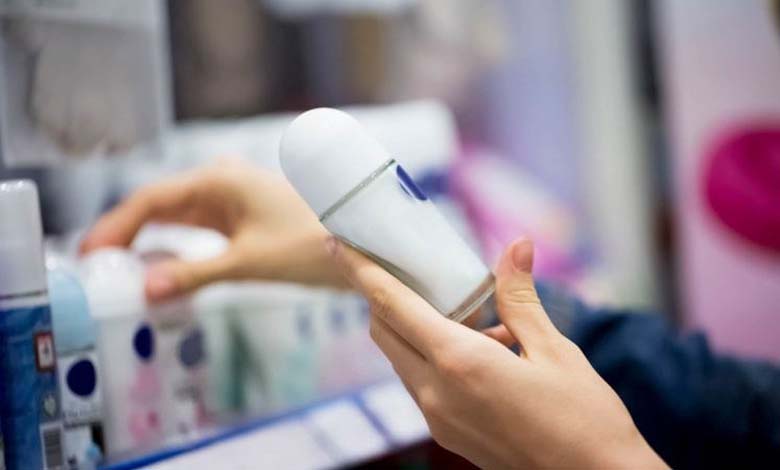The Difference between Deodorant and Antiperspirant: What You Need to Know

When considering how to manage sweat and unpleasant odors, many might think that deodorants and antiperspirants are the same product. However, in reality, they work in entirely different ways.
-
Is your Deodorant Dangerous? Here are the 4 ingredients to avoid
-
Hair-Straightening Products, pose more of a risk than you may think
While both products address sweating, their mechanisms of action vary. Lauren Zamborsky, CNP, a dermatologist, explains the key differences between antiperspirants and deodorants to help you choose the one that suits you best.
How Does Antiperspirant Work?
Antiperspirants work by reducing the amount of sweat the body produces. These products contain aluminum salts that block the pores on the skin’s outer layer, thereby decreasing sweat production.
-
How Often Should You Wash and Replace Bath Towels?
-
Luxury Dog Perfume by “Dolce & Gabbana” Sparks Controversy
According to Lauren Zamborsky, “The aluminum salts in antiperspirants prevent sweat from flowing by clogging the upper part of sweat glands, making it harder for sweat to escape.”
These salts also help reduce odors since less sweat means fewer bacteria, which leads to less odor.
Despite some concerns about using aluminum-containing antiperspirants and an increased risk of breast cancer, research has not proven any connection between aluminum and breast cancer. The American Cancer Society confirms that no strong studies support such claims.
-
Halitosis: Origins, remedies and prevention to recover fresh breath
-
Bad breath: this type of food would help fight it, according to the study
How Does Deodorant Work?
Unlike antiperspirants, deodorants do not prevent sweating. Instead, they focus on eliminating or masking the odor of sweat using ingredients like baking soda and alcohol, which neutralize odor-causing bacteria. Additionally, deodorants contain fragrances and aromatic compounds that mask unpleasant odors.
Key Differences between Antiperspirants and Deodorants
According to the Cleveland Clinic, the main distinctions between antiperspirants and deodorants are:
- Antiperspirants reduce sweating, while deodorants do not block it.
- Both reduce body odor.
- Antiperspirants contain aluminum, whereas deodorants do not.
- Antiperspirants are regulated by the FDA (U.S. Food and Drug Administration), while deodorants are not.
-
Can the good smell make you more productive?
-
Study Reveals the Optimal Frequency for Washing Hair
Despite these differences, the products are similar in appearance and come in various forms such as sprays, powders, gels, lotions, solid sticks, and roll-on liquids. Both are safe for daily use.
When to Use Antiperspirant and When to Use Deodorant
The choice between antiperspirant and deodorant depends on individual needs. Zamborsky explains, “If you want to effectively reduce sweating, you should use antiperspirant. However, if you’re only concerned with masking odor, deodorant will suffice.”
It is recommended to apply antiperspirant at night when sweating is minimal, so it remains effective for 6 to 8 hours before being washed off in the morning. Deodorant can be used in the morning to tackle any potential odors.
-
Used Coffee Grounds May Be a “Good” Solution for Alzheimer’s
-
British Pharmacies in an “Unprecedented” Crisis… Why?
-
How Playing in the Mud Boosts a Child’s Immune System












